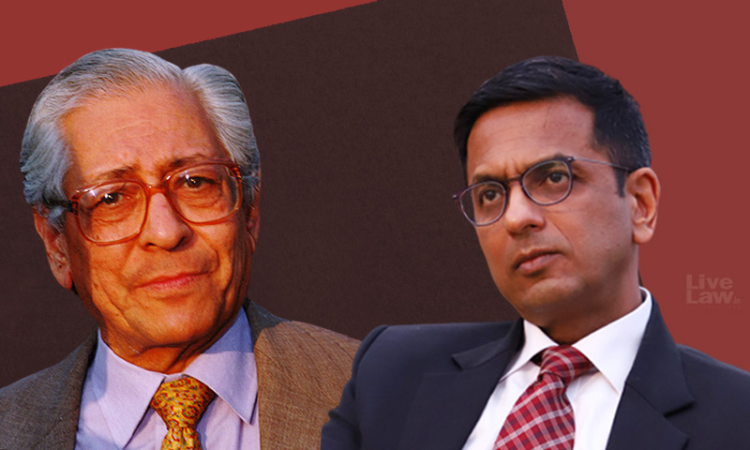"For me, Soli Sorabjee has truly been a mentor! When I was asked to be a judge in 1998, I turned to him for advice. And he told me that the dice is cast and now I have to answer the 'call of service'!", told Justice D. Y. Chandrachud on Sunday.He was speaking at a memorial organised in remembrance of Sorabjee who passed away from COVID-19 on April 30."Zia (lawyer Zia Mody, Mr....

